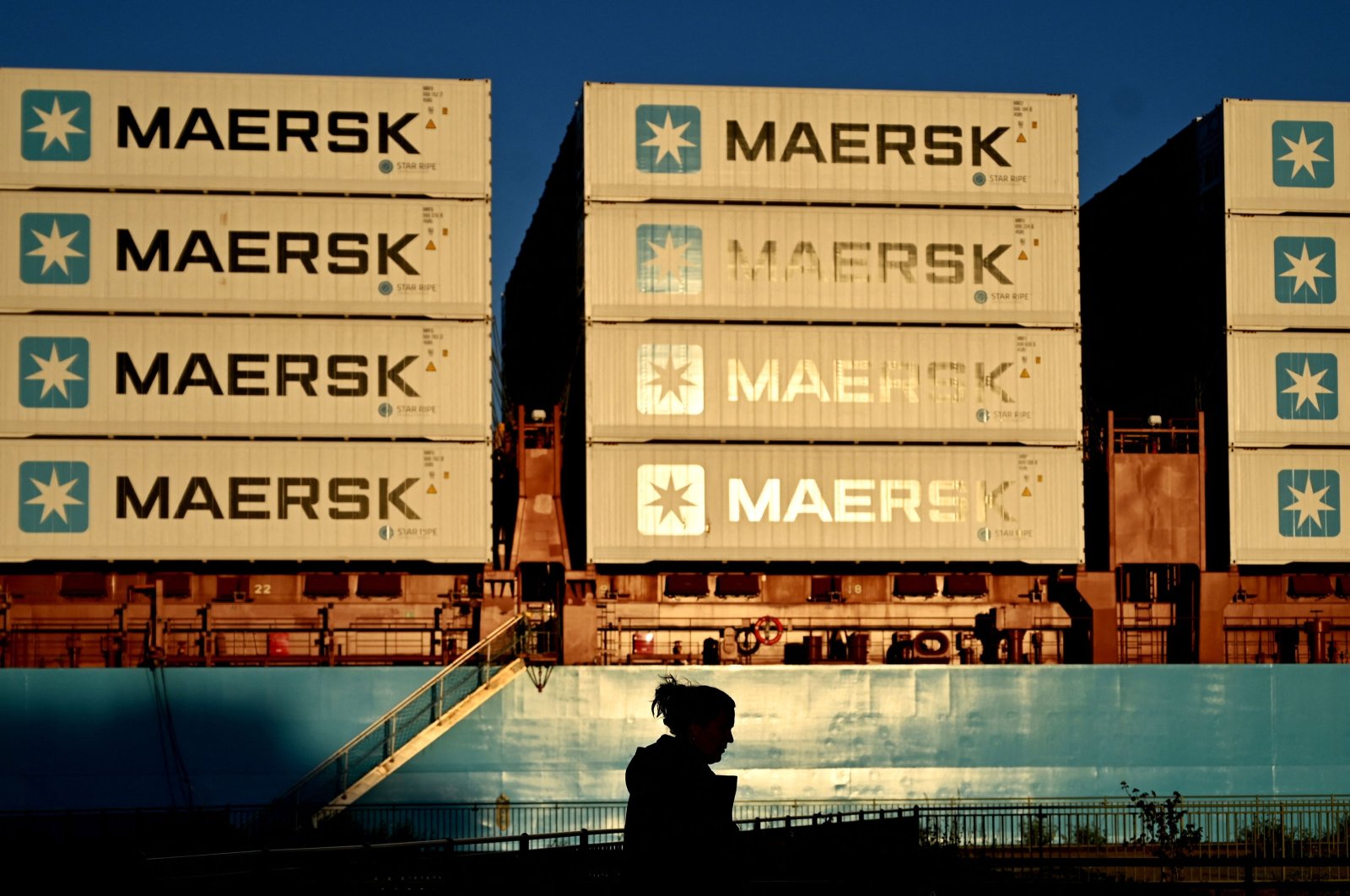
Danish shipping and logistics company Maersk will Tuesday decide whether to restart sending vessels through the Suez Canal via the Red Sea or to redirect them around Africa following an attack on one of its ships earlier over the weekend, a company spokesperson said.
The container shipping giant on Sunday paused all Red Sea sailings for 48 hours following attempts by Yemen-based Houthi rebels to board the Maersk Hangzhou. U.S. military helicopters repelled the assault and killed 10 of the attackers.
Maersk had more than 30 container vessels set to sail through the Suez via the Red Sea, an advisory on Monday showed, while 17 other voyages were put on hold.
A decision will be taken on Tuesday regarding how to proceed, the company spokesperson said.
The Hangzhou, which was hit by an unknown object during the attack, could continue on its way, with LSEG shipping data showing the vessel is now close to the Suez Canal.
The Houthi group, which controls parts of Yemen after years of war, in November started attacking international ships traversing the Red Sea, in response to Israel's indiscriminate assault on Gaza, which has killed nearly 22,000 people so far in the besieged Palestinian territory, according to Gazan health authorities.
Major shipping groups, including container giants Maersk and Hapag-Lloyd, had stopped using Red Sea routes and the Suez Canal last month, rerouting instead to a longer journey around Africa via the Cape of Good Hope.
But on Dec. 24, Maersk said it was preparing a return to the Red Sea, citing the deployment of a U.S.-led military operation to protect vessels.
The company has said that its top priority is the safety of crew, vessels and cargo and that plans are updated "on a vessel-by-vessel basis," with some set to travel via Suez and others taking the longer route around Africa.
A detailed comparison of Maersk's latest itinerary with one released last week showed that the company has plans for at least 17 vessels to travel through the Red Sea on hold. New plans would be announced at a later time, the company said. The company did not say whether this meant that the vessels would be rerouted around the Cape of Good Hope.
According to Maersk, the company's alliance partner, Mediterranean Shipping Company (MSC), continued to divert all its vessels via the Cape of Good Hope.
MSC did not immediately respond to a request for comment.
The Suez Canal is used by roughly one-third of global container ship cargo, and redirecting ships around the southern tip of Africa is expected to cost up to $1 million extra in fuel for every round trip between Asia and Northern Europe.
A separate Reuters report Tuesday indicated that Germany's Hapag-Lloyd will continue to divert its vessels away from the Suez Canal and around the Cape of Good Hope for security reasons, according to the company's spokesperson.
"We monitor the situation closely day-by-day but will continue to reroute our vessels until Jan. 9," the spokesperson for the world's fifth-biggest container liner said in reply to a query.
The company will decide on that day whether to continue rerouting ships, the spokesperson added, referring to the results of a meeting of its crisis committee.
